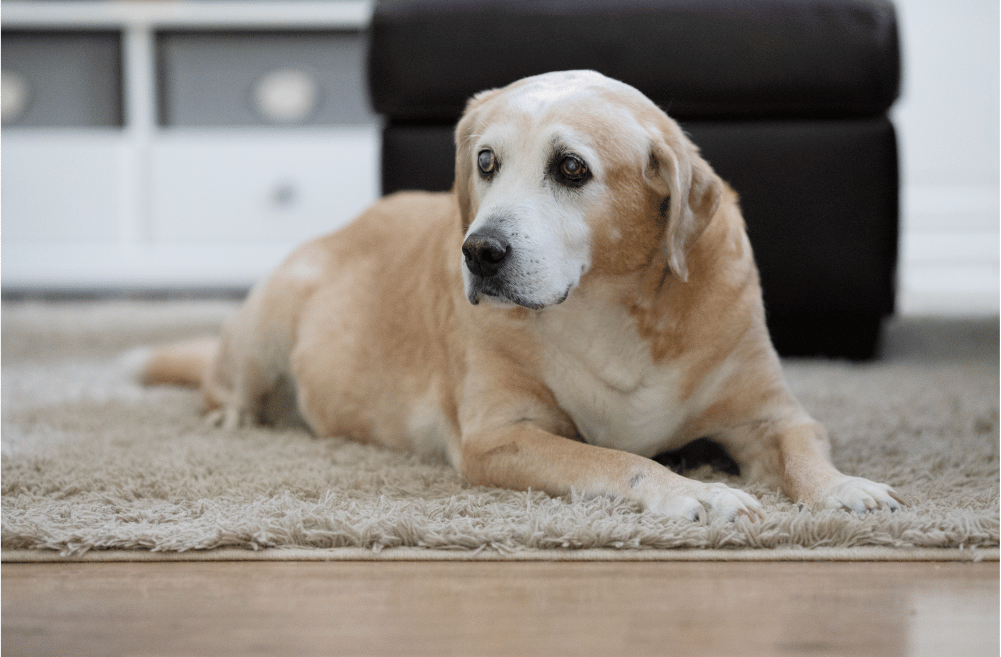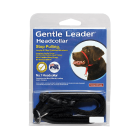
Dogs snoring can be a source of both amusement and frustration for pet owners. While it may be cute to hear our furry friends snoring away, it can also disrupt our sleep and make it difficult for us to get a good night's rest. But have you ever stopped to wonder why dogs snore?
Here are several reasons why dogs snore:
- Sleep Position
Just like humans, dogs can snore if they sleep on their backs or with their heads facing upwards. This can cause their tongues to fall back and obstruct their airways, leading to snoring. To help reduce snoring caused by sleep position, try providing your dog with a supportive bed that will help keep them in a more neutral position. Raised beds can also help improve air flow and reduce snoring. - Anatomy
Some dogs have shorter muzzles, making their airways narrower and more prone to obstruction. This is especially true for breeds like bulldogs, pugs, and shih tzus. If your dog has a short snout, you may need to be extra careful about their sleep position and provide them with a bed that will help keep their airways open. You can also consider using a harness instead of a collar, which can put less pressure on their neck and reduce the risk of snoring. - Weight
Overweight dogs have more fatty tissue in their throat, making it more difficult for air to flow through their airways, leading to snoring. Maintaining a healthy weight for your dog is an important way to reduce the risk of snoring. This can be achieved through regular exercise, a balanced diet, and weight management. - Age
As dogs age, their throat muscles can become weaker, making it more likely for them to snore. As your dog ages, it may be necessary to make changes to their environment to accommodate their changing needs. You may need to provide them with a softer bed, or use a pillow or other supportive device to help keep their airways open. - Medical Issues
Snoring can also be a sign of medical problems such as respiratory infections, allergies, or sleep apnea. If your dog's snoring is accompanied by other symptoms like coughing or difficulty breathing, it's important to consult with a veterinarian. Your vet will be able to diagnose any underlying medical issues and provide you with appropriate treatment options.
Are there any immediate fixes for snoring?
Yes, there are some immediate fixes for dog snoring:
- Change Sleep Position: Encouraging your dog to sleep in a different position, such as on their side or belly, can help reduce snoring caused by their sleep position.
- Elevate their Bed: Raising your dog's bed so that their head is higher than their feet can help reduce snoring by improving air flow.
- Clear the Room: Clearing the room of any potential irritants, such as smoke, dust, or strong odors, can help reduce snoring caused by allergies or respiratory irritation.
- Use a Humidifier: Dry air can irritate the throat and lead to snoring. Using a humidifier in your dog's sleeping area can help add moisture to the air and reduce snoring.
It's important to keep in mind that these fixes may not work for all dogs or for all causes of snoring. If your dog's snoring persists or is accompanied by other symptoms, it's important to consult with a veterinarian for a proper diagnosis and treatment plan.
Summary
In conclusion, dogs snore for a variety of reasons, including sleep position, anatomy, weight, age, and medical issues. While it may be tempting to ignore our dogs' snoring, it's important to pay attention to any changes in their breathing patterns and seek veterinary attention if necessary. With proper care and attention, our furry friends can continue to snore away peacefully. Understanding why your dog snores can help you take the appropriate steps to reduce the risk of snoring and keep them comfortable and healthy.


